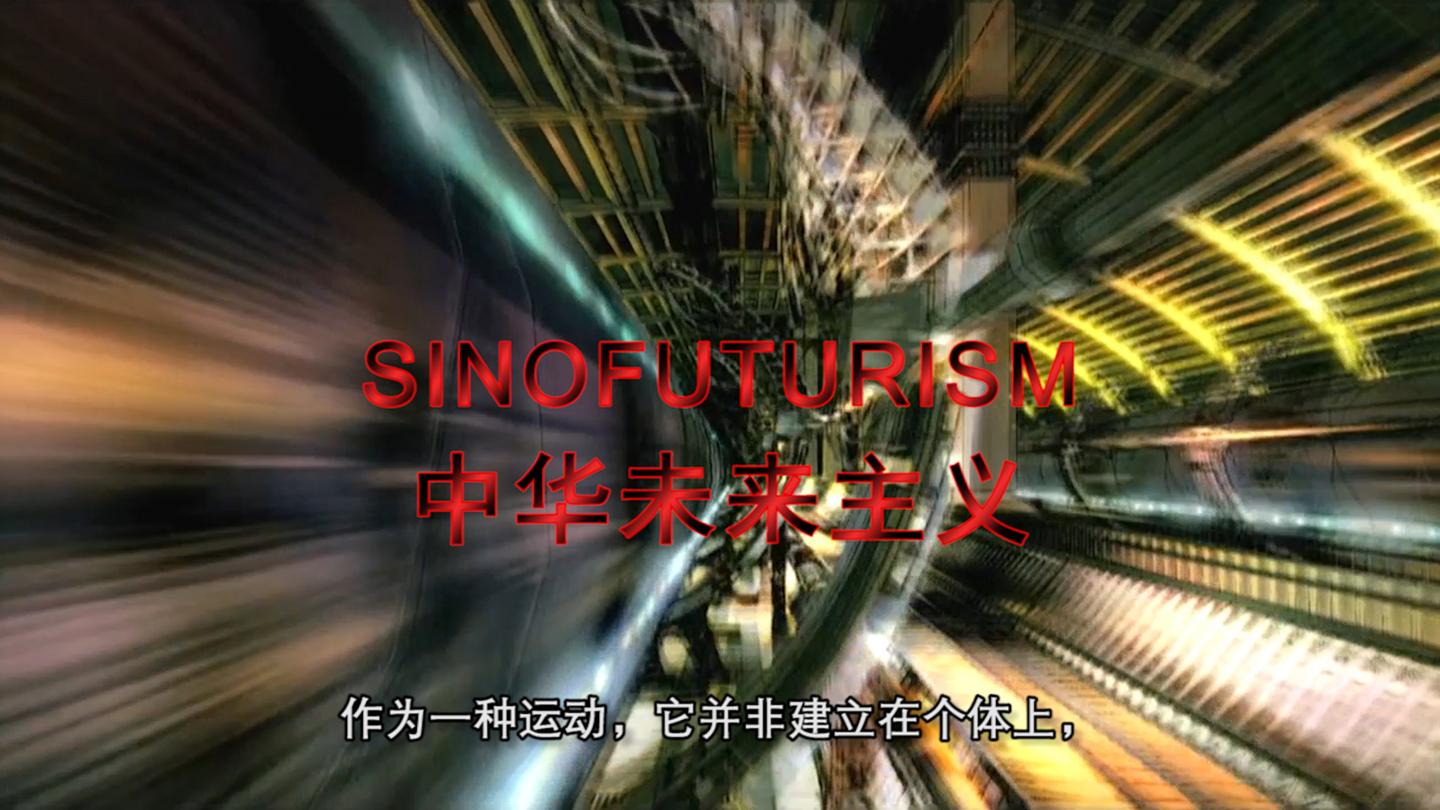A New Chinese Video Game that Makes You Pay for Love
How Genshin Impact’s use of gambling and intimacy embody artist Lawrence Lek’s concept of ‘sinofuturism’
How Genshin Impact’s use of gambling and intimacy embody artist Lawrence Lek’s concept of ‘sinofuturism’

On 28 September, Genshin Impact enjoyed the biggest global launch of a Chinese video game ever. It’s easy to see why; the vast, open-world adventure filled with a cast of impeccably rendered characters combines the easy charm of a Saturday-morning cartoon with the painterly style of prestige anime. However, praise for the game was tempered by two seemingly incontrovertible points: first, Genshin Impact appears to crib from Nintendo’s beloved pastoral epic, The Legend of Zelda: Breath of the Wild (2017); second, as a free-to-play ‘gacha’ game, its revenue derives from players who purchase new characters through randomized, gambling-like processes. The latter feature is especially problematic, its eye-catching visuals and other alluring design elements engineered to exploit its users’ financial vulnerabilities.

Developed by Shanghai-based studio Mihoyo, Genshin Impact offers players a finely tuned fantasy featuring the expected slew of quests and secrets. Action centres around elemental properties – fire, wind, water – which fill the screen with pleasing, firework-like effects. The entire experience feels both intensely polished and like it barely hangs together at all. The game’s outpacing of its European and North American competitors has reoriented the industry’s attention towards China. In his 2016 video essay Sinofuturism (1839–2046 AD), artist Lawrence Lek wrestled with this process, leaning into anxieties about the decline of Western political power and the rising economic prowess of China. Invoking techno-orientalist narratives, the filmmaker subverted what he identified as ‘seven key stereotypes’ of the country to present a satire of Yellow Peril fit for the 21st century. Copying and gambling, two of the most effusively discussed elements of Genshin Impact, are part of Lek’s formation, alongside computing, studying, gaming, addiction and labour. Exaggerating these aspects to nightmarish proportions, Lek depicts what he calls a ‘science fiction that already exists’.

The relationship between labour, addiction and gambling is particularly conspicuous in Genshin Impact. The game exudes an almost capitalist dream-logic through its rapidly rising scores. Rewards appear frequently as wilderness is explored and enemies are killed. It’s serenely predictable, gliding by in a whirl of colour, music and endorphins. While pleasant, this is a primer for the game’s luck-based ‘gacha’ component: its beating economic heart that functions on brutally low odds. Liu Wei, one of Mihoyo’s founders, glibly refers to the company’s monetization strategy as ‘paying for love’, betting on the fondness players hold for characters they encounter, and their willingness to spend cash in order to recruit them. Having already generated more than US$140 million, Genshin Impact capitalizes on this desire for virtual intimacy.
Gacha is less new than newly mainstream, with virtual goods for sale in comparable free-to-play titles such as Fortnite, whose player bases often span continents and time zones. This echoes Lek’s idea that sinofuturism is an international phenomenon as much as Chinese one, whirring in the background of everyday life like globalization itself. It’s just Mihoyo’s luck that Genshin Impact has arrived at a time when players are lonelier and more cash-strapped than ever, thanks to COVID-19. Compared to a US$60 prestige video game, Genshin Impact, free at the point of access, offers affordable camaraderie and escapism – at least to the gambling-averse.

In Sinofuturism (1839–2046 AD), the disembodied, computer-generated narrator opines that luck and fortune are an ‘antidote to repetitive labour’ and a randomized opportunity to change ‘boring destiny’. The more money I spend in Genshin Impact, the more each roll of the dice seems to offer me a bolt of anticipation, while encouraging me to repeat the same behaviour over and over. And, by employing digital intimacy for capitalist exploitation within a story and world that is always growing, Genshin Impact ensures me and millions of other players keep paying for love – at least until our credit cards get declined.
Main Image: Genshin Impact, 2020, video still. Courtesy: miHoYo























